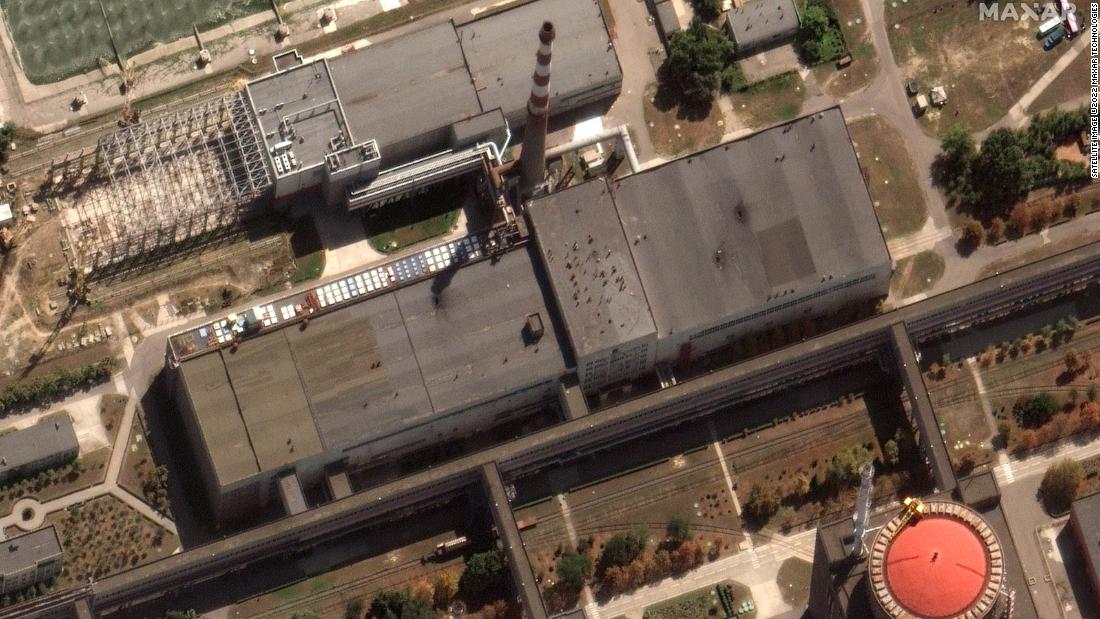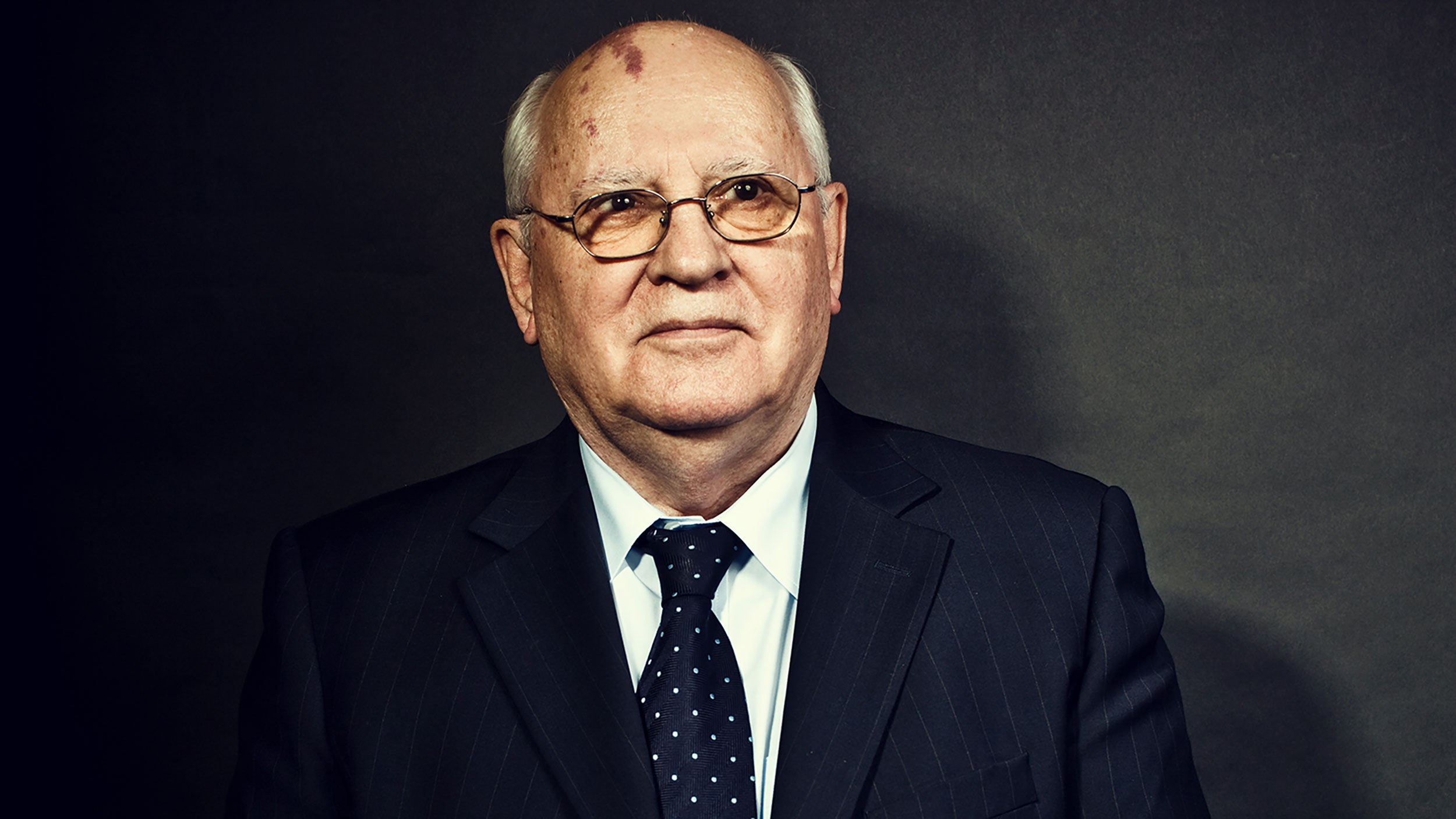

Mikhail Gorbachev’s tragedy is that he outlived the thaw in the Cold War between Moscow and the US, after doing more than anyone to engineer it.
The last leader of the Soviet Union died on Tuesday at the age of 91, with Washington and the Kremlin on opposite sides of President Vladimir Putin’s hot war in Ukraine, launched in part to avenge the Soviet collapse precipitated by Gorbachev’s rule.
It is hard to encapsulate what Gorbachev meant to Western publics in the 1980s, after one of the most dangerous periods of the standoff between East and West. After generations of severe, hostile, hardline and elderly Kremlin leaders, he was young, modern, and fresh — a visionary and a reformer.
Gorbachev inspired sudden hope that the nuclear showdown that haunted the world in the second half of the 20th century would not end up destroying civilization. US President Ronald Reagan and his British soulmate, Margaret Thatcher, were the most hawkish of Cold warriors. But to their credit, they realized a moment of promise — as the British Prime Minister said of the Soviet leader: “We can do business together.”
Fall of Soviet Union: After a heady series of nuclear arms control reduction talks and meetings with Western leaders, Gorbachev became a hero in the West. But it was his decision not to intervene with military force when popular rebellions erupted against Communist regimes in Warsaw Pact nations in 1989 that led to the liberation of Eastern Europe, the fall of the Iron Curtain, the end of the Cold War and the reunification of Germany.
But while he was lionized in the West, Gorbachev came to be seen as a pariah at home. It is often forgotten now that his goal wasn’t necessarily to dismantle the communist Soviet Union. In many ways, his hand was forced by decades of economic decay in the communist system and the draining impact of a nuclear arms race with the West.
But in trying to save the system, he set off forces that destroyed it. Far from heralding the “end of history” as was often said at the time, his influence caused consequences that could still be felt on the day he died, with Moscow and the West again at loggerheads in a Cold War-style chill.
Read the full analysis here.
